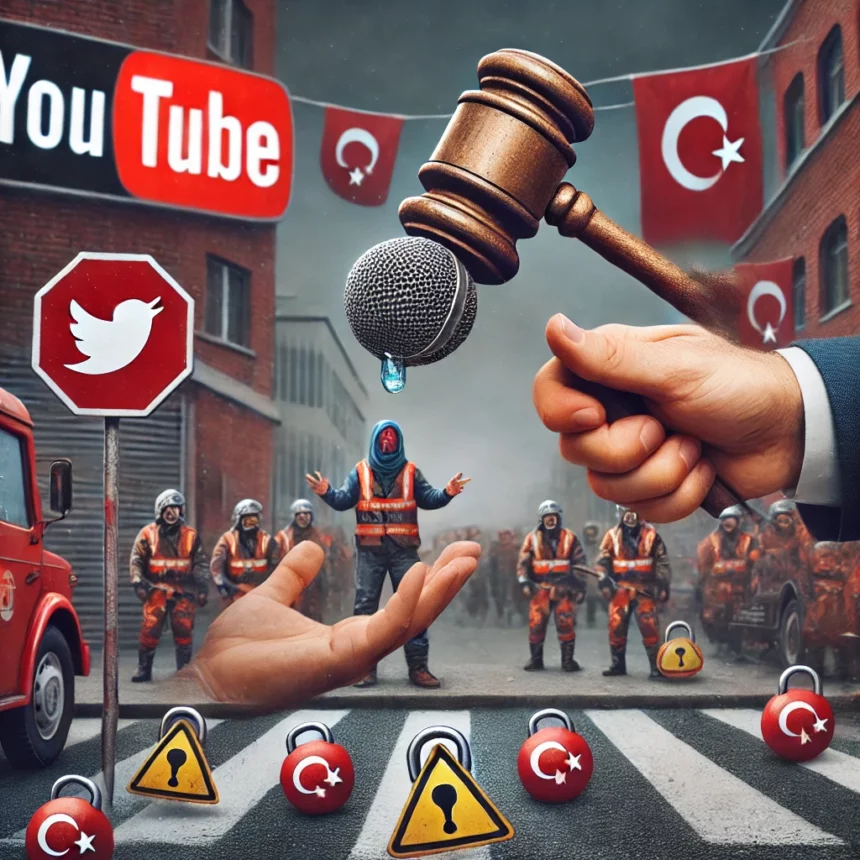In an interview with journalist Armağan Çağlayan on Ekol TV, Ebubekir Şahin, the president of the Radio and Television Supreme Council (RTÜK), has disclosed that new regulations will be implemented with respect to street interviews and YouTube.
“Street interviews will be subject to regulation.” They will need to exercise caution. They will be prohibited from spreading false information or disparaging others. “Those who produce news and programs on YouTube will also be required to obtain a license from RTÜK,” Şahin stated.
Additionally, Şahin acknowledged that they have received complaints regarding daytime television programs and that they would implement a new regulation to address this matter.
“We possess the power to regulate all broadcasts.” There is an impression that the state is incapable. Şahin emphasized that anyone who makes such statements will be detained and subjected to an investigation.
Dilruba Kayserilioğlu was released from prison on Aug. 30 by a Turkish court after serving 18 days of incarceration. She was apprehended for “insulting the President” and “inciting public hatred and enmity” as a result of her comments during a street interview.
Significant controversy was generated by her arrest with respect to the government’s expanding control over alternative media channels, media rights, and freedom of expression.
Additionally, Şahin declared that they would implement new regulations for YouTube, emphasizing that they would not prohibit the platform. He also stated, “We have not intervened in any content on YouTube until today.” RTÜK supervises all transmissions, with the exception of personal broadcasts.
The chief of the media watchdog announced that YouTubers who produce news content would be granted licenses for a nominal fee, which would be valid for a period of ten years.
“Our negotiations with YouTube are currently underway.” He stated, “We are anticipating a response; they will assess our proposal.”
In early August, the Turkish government restricted access to the social media platform Instagram for nearly a week and has since intensified its efforts to censor alternative media platforms.
YouTube was prohibited in Turkey from 2008 to 2010 as a result of “videos that contained insults directed at Atatürk.” Additionally, the video sharing platform was prohibited in numerous instances in subsequent years.
The arrest of Dilruba Kayserilioğlu, who was detained for “insulting the President” and “inciting public hatred and enmity” during a street interview, has heightened concerns about the growing control over media and freedom of expression in Turkey. Kayserilioğlu was released after 18 days of incarceration; however, her detention has been widely condemned as an illustration of the government’s oppressive approach to criticism and dissent. The forthcoming regulations have incited a passionate discussion regarding the future of media freedom in Turkey.
Critics contend that these measures are part of a more extensive strategy to suppress dissent and strengthen the government’s control over public discourse. The introduction of licensing for YouTube content creators, in particular, has sparked concerns regarding the potential for censorship and the suppression of independent journalism.



